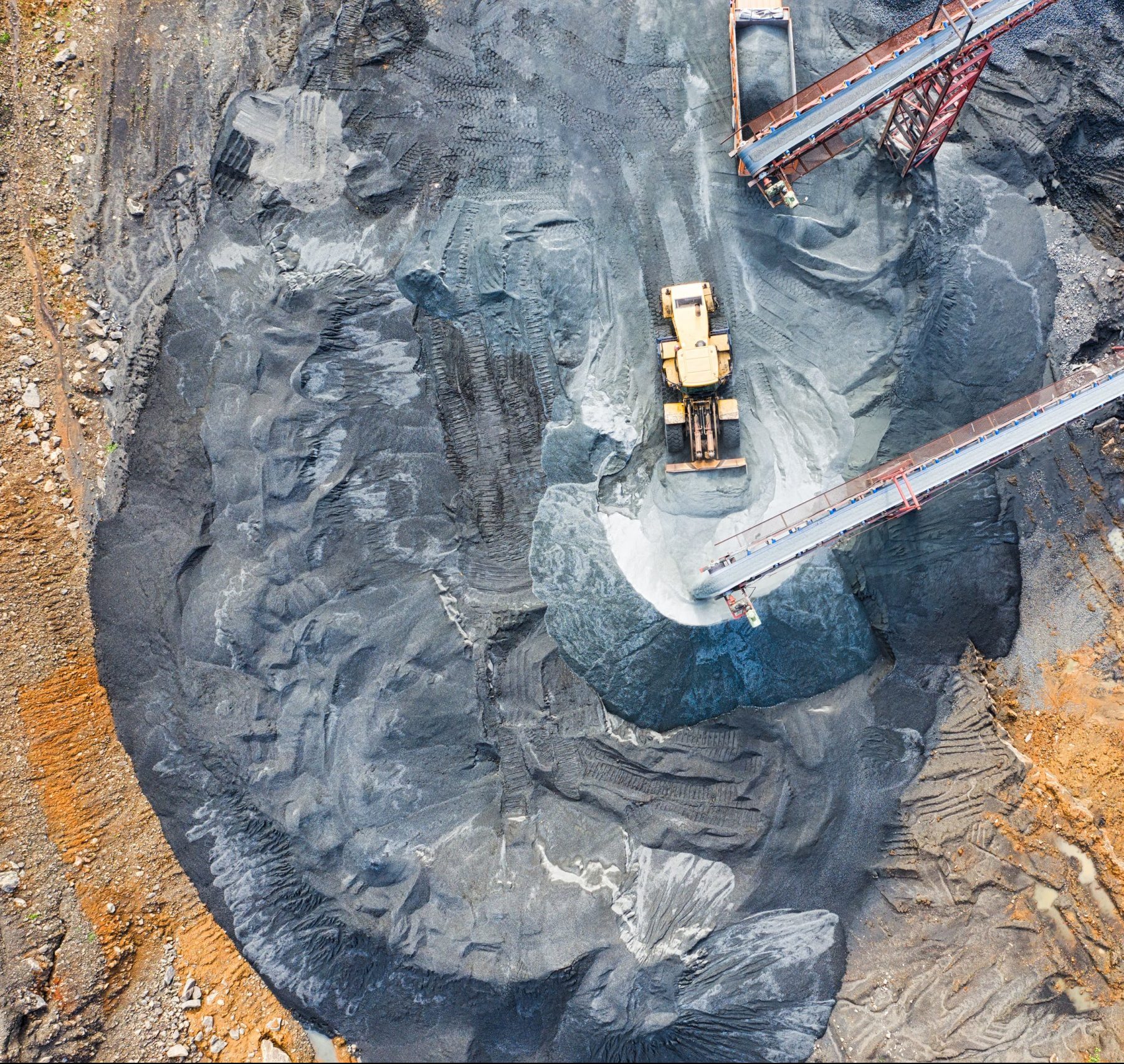
- This event has passed.
Between Extractivism and Decolonization: The European Hunger for Resources

About the Event:
In this event, we invite everyone to join our conversation about natural resources, extractivism and deep-sea mining. Our aim is both to inform and discuss with European and international citizens.
Context:
Opening up new mines is diametrically opposed to curbing our ecological greed and threatens mankind and the planet. Free trade leads to increased deforestation, land grabbing and violations of human rights, such as violence against indigenous communities. Deep-sea mining leads to ecological destruction in those few places on earth that have not yet been plundered by the growing economy.
If the EU focuses unilaterally on access to precious resources, there is a threat that a colonial exploitation logic will continue. The alternative is a real just transition, one that emphasizes on human rights and the provision of a good life for all within the boundaries of the planet.
Speakers:
Wies Willems, Broederlijk Delen
An Lambrechts, Greenpeace Belgium
Sarah Vanden Eede, WWF Belgium
Moderator: Dirk Holemans, Oikos
Programme:
Introduction by Wies Willems (20 min)
– An Lambrechts and Sarah Vanden Eede will then dive deeper into deep-sea mining (30 min)
– Q&A (30 min)
Practicalities:
Register your participation via info@oikos.be
This webinar will be held in Dutch.
Call for Action: More info on our Facebook event and website
——
This event is organised by the Green European Foundation with the support of Oikos Think Tank and with the financial support of the European Parliament to the Green European Foundation.
Details
- Date: 17 December 2020
-
Time:
7:30 pm - 9:00 pm
- Event Category: Webinar
- Event Tags:Just Transition, metals, mining

